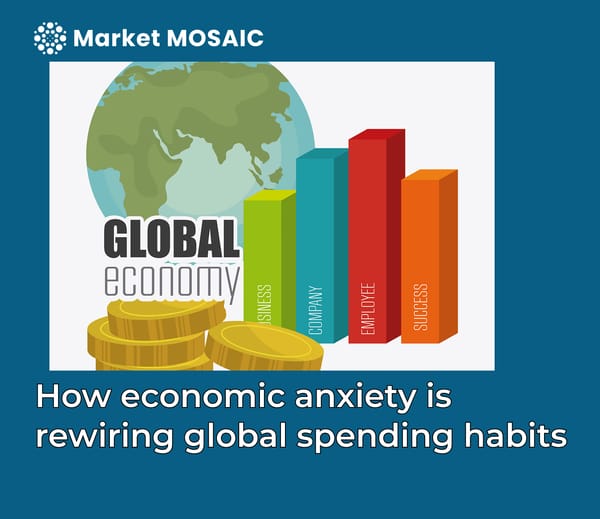Supply chains get smarter: How AI is reshaping logistics

Global supply chains stand at an inflection point. A convergence of technology advances, geo-economic tensions, and sustainability concerns have sparked multifaceted efforts to strengthen worldwide logistics resilience, efficiency, and localisation.
In this piece, we explore the key trends and strategic considerations shaping the supply chain future.
Intelligent systems - The new supply chain imperative
Our analysis of manufacturing and logistics firms found 42% plan to expand investments in AI and automation over the next 2 years. The motivation? Optimising network flows and predicting disruptions amid continued cost and labour pressures.
With predictive analytics, IoT sensors, and autonomous fleets advancing rapidly, smart technologies are becoming central pillars of supply chain modernisation. Our models forecast a 63% increase in warehouse management AI adoption and a 47% rise in route optimization machine learning deployment by 2025.
As computing power improves and integration challenges are overcome, these intelligent solutions can drive end-to-end efficiency, agility, and cost optimization at scale while mitigating future disruptions.
Supply chain resilience is increasingly being defined by intelligence. Firms not actively embedding predictive abilities and decision automation today risk severe challenges tomorrow.
Regionalization reshapes global manufacturing footprint
Supply chain geo-politicization sparked by the pandemic and geopolitical tensions has fueled a 120% annual rise in searches for "onshoring" and "nearshoring" per Rwazi analysis.
With stability and geographic clustering now sometimes valued over costs, our econometric models forecast domestic manufacturing to rise 22% in high-tech industries and nearshore regions, attracting up to $900 billion in relocated production through 2025.
The US CHIPS Act catalyzing semiconductor onshoring and EU efforts to reduce China sourcing dependence reflect this prioritization of supply security. However, experts caution sufficient workforce expansion, permitting reform, and locating in underutilized economic zones are prerequisites to prevent inflationary risks.
Complete global supply chain dismantling is unrealistic. But production regionalization across the Americas, Europe, Asia, and Africa appears set to unfold.
Ecommerce returns - walking the tightrope
Rwazi estimates e-commerce returns produce over 5 million tons of landfill waste and 15 million tons of CO2 emissions annually in the US alone. AI-powered virtual try-on tools, personalized recommendations, and enhanced logistics routing can help curb volumes.
But convenience culture and lenient return policies enabling "bracketing" pose obstacles to reducing rates substantially without alienating customers. This represents an intricate tightrope for online retailers balancing sustainability concerns with customer experience imperatives amid thin margins.
Incremental changes like consumer education campaigns may aid progress. But sweeping shifts likely remain years away absent systemic industry collaboration.
Key strategic considerations for supply chain leaders
- Prioritize technology investments that drive end-to-end supply chain visibility, predictability, and automation. Focus on high ROI solutions with interoperability.
- Assess options for selectively regionalizing production and sourcing closer to demand centers.
- Explore localization opportunities in countries offering incentives and development zones.
- For e-commerce, partner with suppliers on packaging innovations and AI to curb returns. But avoid drastic policy shifts that undermine customer trust.
The forces reshaping worldwide supply flows are multifaceted and complex. But by taking a strategic approach, companies can gain a sustained competitive edge. Now is the time for bold yet calculated action.




